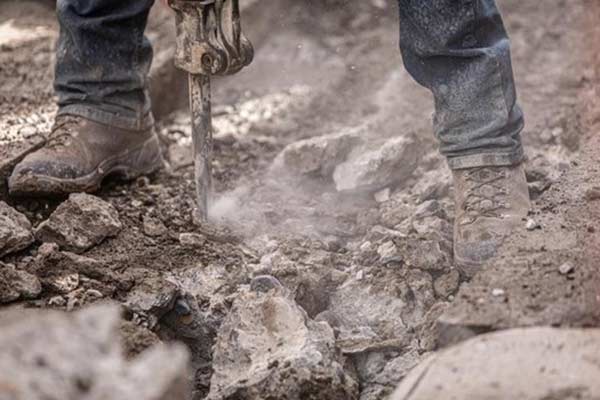Energy use is a segment of essentially every expense of business Perusers of this blog realize we are fixated on information. We’ve contrasted information with raw petroleum, demonstrated how it helps win the fight among man and machine, and pushed for sharing it to grow benefits for the whole maritime industry. A significant number of us have spent our vocations attempting to get information and how to utilize it to drive better dynamics for ourselves, our organizations and our clients. Hence, when requested to add to an article on the arising field of “maritime informatics” which tries to join “experts and specialists to investigate the chances empowered by improved advanced information sharing, computerized coordinated effort, and information examination,” I seized the opportunity.
The article, An introduction for a beneficial and feasible Maritime KYC compliance business (which showed up initially on Windward’s Skipper’s Bits of knowledge blog) investigates the connection between the regular world and the theoretical universe of financial aspects. Endurance in the regular world relies upon how well living beings make, catch, store and burn-through energy (otherwise known as food). Endurance in the monetary world relies upon how well associations make, catch, store and devour capital. In the two cases, utilization that surpasses the environment’s capacity to make, catch and store either energy or capital prompts a descending winding and in the long run elimination.
Taken to the extraordinary over overconsumption, the dynamic clarifies our worldwide maintainability challenge: Would we say we are burning-through more energy than the normal environment can give?
Additionally, the dynamic clarifies the battle for business achievement: A business that devours more capital than its business tasks or financial specialists can give will before long vanish quicker than you can say “We Work.” The other extraordinary—swarming of energy or capital without burning-through any of it—offers just the comfort of endurance, that is until lobbyist investors request a profit.
These biological systems, obviously, cross: All organizations devour energy of some kind as they create capital. “Energy consumption is a part of practically every expense of business,” we compose. What’s more, in a capital-concentrated industry like maritime, the connection between the utilization of capital and energy is another method of portraying the essential financial aspects of moving load starting with one port then onto the next.
Be that as it may, maritime, as does the whole business biological system, requires development, not simple endurance. For each firm, there is a degree of capital creating movement that permits it to develop incomes and benefits while utilizing the ideal measure of energy important to do as such. Imagine a scenario in which a business could quantify that action and change its tasks continuously to keep up those ideal levels.
Presenting Eʹ and Cʹ
Just so happens that one of the creators, Richard Watson, characterized those ideal degrees of movement as Eʹ (or E prime) for energy and Cʹ (or C prime) for capital. In maritime, as he expresses, “Effective capital creation is estimated by capital efficiency or Cʹ (C prime)” which is “affected by Eʹ in light of the fact that boats require a lot of energy.” More forthright,
Dealing with a boat requires adjusting these two primes. To expand Cʹ you need to invest minimal measure of energy going among ports and in ports and convey the biggest conceivable freight on every leg. At the end of the day, you need to amplify port visits so you can convey more payload with less ships.
For payload transporters, these ideas are reflected in the Energy Productivity Operational Record (EEOI) which alludes to GHG outflows per unit of transport work, for example, grams of CO2 per ton-mile (gCO2e/tnm). This KPI is an incredible method to gauge the proficiency of a journey.
However, the paper tends to be in excess of a solitary journey; it tends to the whole industry. How could maritime improve E’ and Cʹ as long as possible and stay a reasonable industry? For that, we need information.
Information guidelines encourage advanced change
We need informational indexes. We need information guidelines. We need to share information. We need investigation. When these pieces are set up, “information investigators can join continuous computerized information streams and chronicled data sets to apply strategies, for example, man-made reasoning, AI, and advanced twins to raise the nature of dynamic” in maritime.
Circle is one piece. Circle is a set-up of five incorporated business arrangements involving many highlights and information that lets transport proprietors, administrators and pool directors develop productivity, uphold supportability and reinforce coordinated effort, while enabling the more extensive biological system, for example, insurance agencies and port specialists to settle on better educated choices Harbour Towage. As we’ve composed somewhere else, our clients are adjusting maintainability and productivity as of now. At the end of the day, they are improving for both Eʹ and Cʹ
We are in good company. Different firms, for example, Windward (prescient insight that enables significant choices in maritime wellbeing, security, and consistency), Ships Focus (a maritime endeavor studio and computerized plant), Tototheo Maritime (vessel network administrations), Circle Gathering (IT and multi-purpose logistics counseling) are setting up a portion of different pieces.


